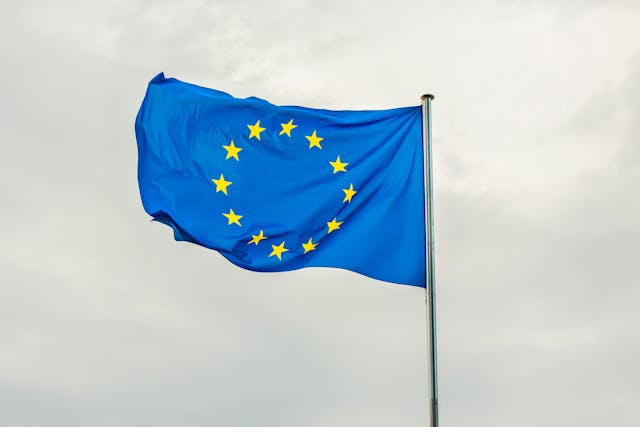
After a long wait of 13 years, the European Union includes Romania and Bulgaria in the Schengen free movement area.
This step, which brings the total number of members to 29, has been welcomed with joy and satisfaction, although with one significant exception regarding land borders. While air and sea travel will be free of border controls, land travel will remain subject to restrictions, mainly driven by Austria which raised a veto fearing an increase in the flow of asylum seekers from the two countries in question. The decision to include Romania and Bulgaria in the Schengen area was taken last December by the European Council, representing a significant step for both countries and for the Union as a whole. The President of the European Commission, Ursula von Der Leyen, underlined the historical importance of this event, defining it as a fundamental milestone for the Schengen area and for a stronger and more cohesive Europe.
This entry was not a sudden event but the culmination of a long and complex process. Since 2011, the European Commission has assessed that Bulgaria and Romania met all the requirements to join the Schengen area, one of the achievements most appreciated by European citizens. Started in 1985 as an intergovernmental project between some member states, the Schengen area has gradually expanded, including almost all countries of the European Union. However, some EU member and non-member countries remain outside this agreement, including Cyprus and Ireland, while others such as Iceland, Liechtenstein, Norway and Switzerland actively participate.
The inclusion of Romania and Bulgaria in the Schengen area is a tangible sign of these countries’ adherence to the common values and objectives of the European Union. However, Austria’s opposition to the free movement of people, across land borders, raises important questions regarding solidarity and cohesion within the EU. The fear of an increase in migratory flows is understandable, but it must be addressed through cooperation and mutual support between Member States rather than through unilateral restrictions. It is important to underline that the inclusion of Romania and Bulgaria in the Schengen area not only facilitates the free movement of people, but also contributes to strengthening economic and cultural ties within the European Union. However, land border restrictions imposed by Austria could have negative consequences for sectors such as road transport, with possible slowdowns and inconvenience for hauliers.
Despite these challenges, both Sofia and Bucharest have expressed determination to continue the process of European integration and to ensure that the opening of borders becomes a complete and irreversible reality. Romanian Interior Minister Catalin Predoiu declared that this is a process of no return and expressed hope that it will be completed by the end of the current year. The decision to include Romania and Bulgaria in the Schengen area has sparked mixed reactions within the European Union. While some Member States support a policy of welcome and solidarity towards refugees and asylum seekers, others prefer to adopt more restrictive measures to protect their borders and guarantee national security.
It remains important to remember that the Schengen area is not only about the free movement of people, but also about cross-border cooperation on security and justice. Participating Member States commit to work closely together to combat transnational crime, drug trafficking and terrorism, while ensuring respect for fundamental rights and individual freedoms. Joining the Schengen area offers significant economic benefits, facilitating trade and promoting tourism and investment. Romania and Bulgaria, two countries with growing economies and great development potential, will certainly benefit from this greater regional integration. Regarding the land border restrictions imposed by Austria, it is important to find solutions that reconcile security with the free movement of people and goods. Dialogue and cooperation between Member States are essential to address common challenges and build a more united and supportive Europe.



 Subscribe
Subscribe